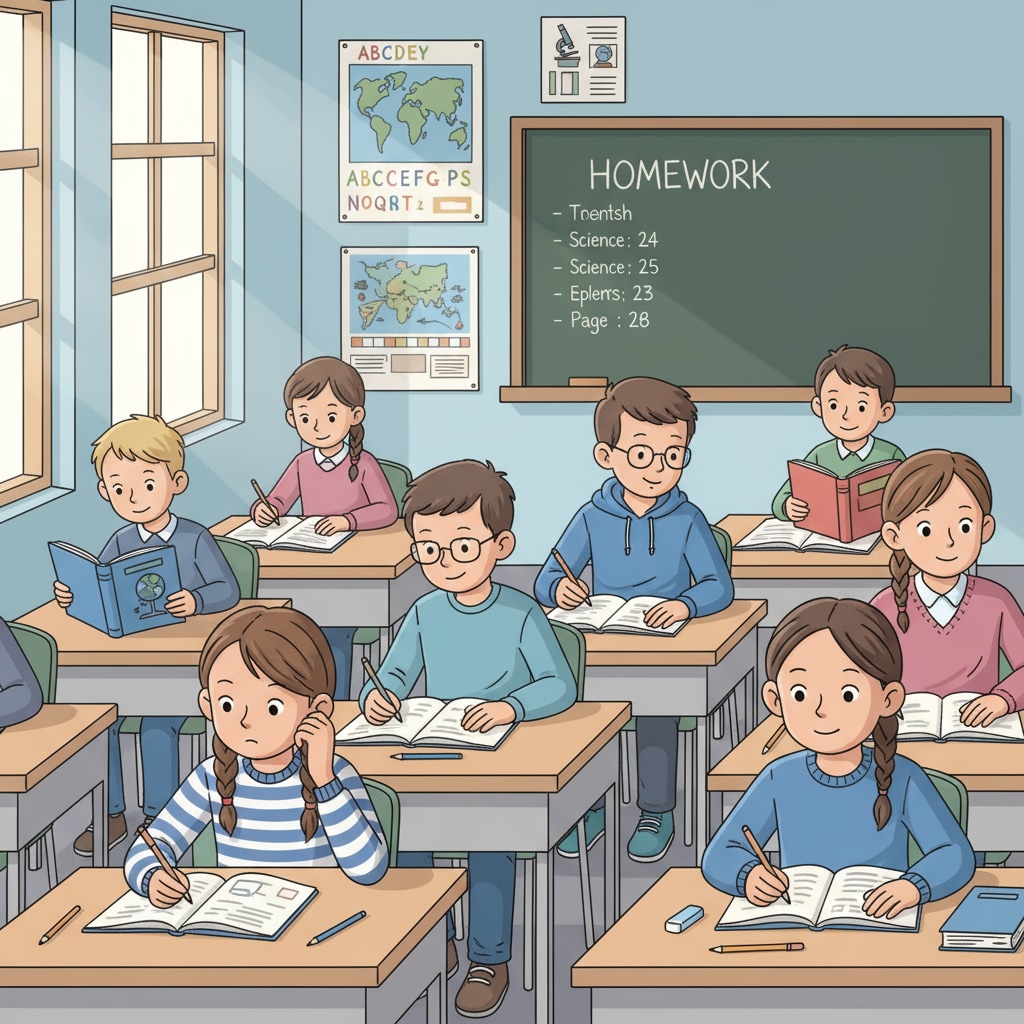The debate surrounding homework, students, and education has been a longstanding and passionate one in the realm of K12 education. Homework has always been a cornerstone of the educational system, but its necessity and impact have been hotly contested. Let’s take a closer look at both sides of this ongoing argument.

The Case for Homework
One of the primary arguments in favor of homework is that it reinforces learning. By doing exercises and assignments outside of the classroom, students can solidify the knowledge and skills they’ve acquired during lessons. For example, practicing math problems at home helps students become more proficient in arithmetic operations. According to The National Education Association (NEA), homework can improve students’ understanding and retention of academic content.
- Homework also teaches students important life skills such as time management and responsibility. When students are given a set of tasks to complete within a certain time frame, they learn to prioritize and organize their study time effectively.
- Moreover, it allows parents to be involved in their children’s education. Parents can monitor their kids’ progress, offer support, and have discussions about what they’re learning, strengthening the home-school connection.

The Case Against Homework
On the other hand, there are strong arguments against homework. Many students find it overwhelming, leading to stress and burnout. Excessive amounts of homework can take away from other important aspects of a child’s life, such as playtime, family time, and extracurricular activities. A study by The American Federation of Teachers (AFT) has shown that too much homework can have a negative impact on students’ mental health.
- Another concern is that homework may not be equally accessible to all students. Some may lack the necessary resources at home, such as a quiet study space or parental support, putting them at a disadvantage.
- Furthermore, critics argue that not all homework is well-designed. Some assignments may focus more on rote memorization rather than promoting critical thinking and creativity.
In conclusion, the debate over homework in K12 education is complex and multi-faceted. While homework has its benefits in terms of reinforcing learning and teaching important skills, it also presents challenges such as stress and inequality. Educators, parents, and students need to work together to find a balanced approach that maximizes the advantages of homework while minimizing its drawbacks. This ongoing dialogue about homework, students, and education is crucial for the betterment of the K12 educational system.
Readability guidance: The article uses short paragraphs and lists to summarize key points. Each H2 section provides a list. The proportion of passive voice and long sentences is controlled, and transition words are scattered throughout the text for better flow.


